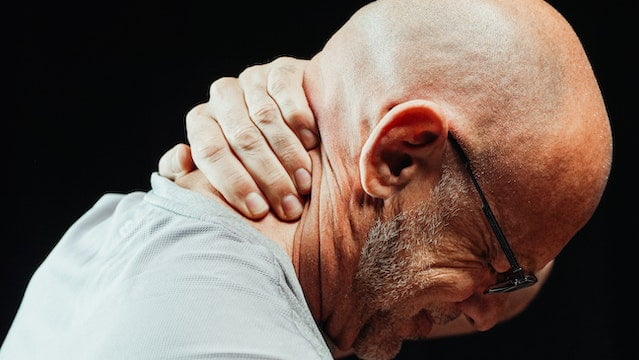Chronic pain can refer to a wide variety of conditions and symptoms. It can range from mild to quite severe, and the type of pain varies greatly – from stiffness and dull aches to shooting pains. Although there isn’t a one-size-fits-all method of managing chronic pain, there are methods of coping with the symptoms you should know about if you’re dealing with chronic pain.
Seek Expert Advice
Expert advice is extremely valuable, especially if you began experiencing chronic pain recently and need help understanding your condition. Doctors and other experts can provide insight that you may not have considered, and they can recommend the most appropriate treatments.
It’s easy to fall into the trap of trying to solve the problem yourself through online research, but this action can lead to misdiagnosing the issue and potentially spending money and time on treatments that don’t help. Whether you suffer from back pain or neck pain, or something else, you should always seek a knowledgeable doctor with plenty of experience in their field. It’s also helpful to ask questions at your consultation to ensure you’re comfortable with the treatment plan and know exactly what your doctor wants to do.
Maintain a Healthy Lifestyle
Getting exercise and maintaining a healthy diet can go a long way for those who experience chronic pain. Gentle exercises, such as yoga or physical therapy can help immensely. Additionally, eating a diet rich in high-quality nutrients and low in sugar and fat will keep your body in good health and help you handle the symptoms. In some cases, maintaining a healthy lifestyle and doing strategic exercises can eventually cure chronic pain.
Pay Attention to Stress Levels
Often those with chronic pain don’t realize that stress can worsen the pain. If you experience stressful situations regularly at work or in your relationships and family, assess the situation. Think about what actions you can take to decrease the amount of stress in these areas of your life. Stress can come from unexpected sources as well, so pay attention to what triggers feelings of stress for you, and don’t be afraid to make necessary changes to reduce the stress in your life.
Practice Self-Care
A great way to lower stress levels is to practice self-care. Self-care looks different for everyone and essentially refers to activities and practices that make you feel calm and centered. Common examples of self-care include doing yoga, creating art, drinking calming tea, watching a favorite TV show, reading a book, taking a bath, playing with a pet, and journaling. It’s OK if none of those activities appeal to you; there are many other options! Brainstorm what makes you feel calm and try to bring more of it into your life.
While everyone experiences physical pain at some point in their lives, not everyone understands how difficult it is to live with chronic pain. Finding the coping methods that work best for you and your unique situation can help you to maintain control over your life and ease the burden of chronic pain.




